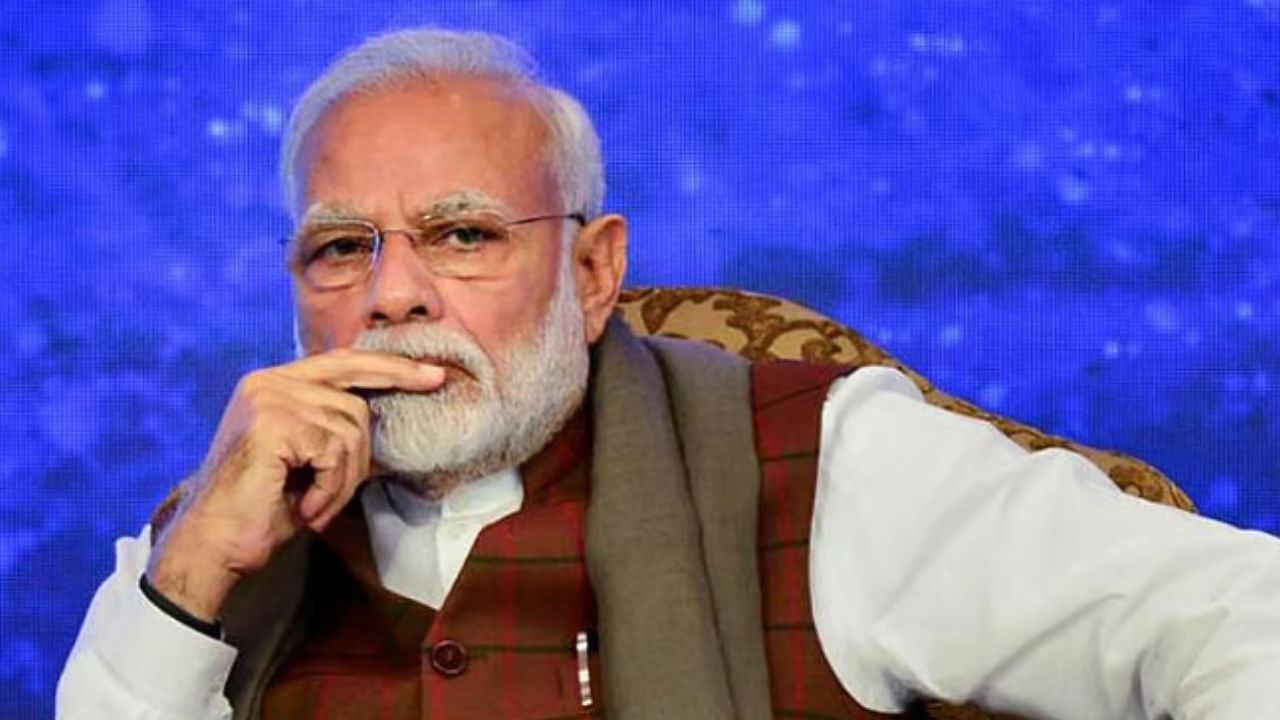Prime Minister Narendra Modi
The GST Council, led by Union Finance Minister Nirmala Sitharaman, has introduced a new structure by making a big and much awaited improvement in the tax system. The four main slabs (5%, 12%, 18% and 28%) so far will be only 5% and 18% instead of four tax slabs (5%, 12%, 18% and 28%). Along with this, everyday essential things have been completely taxed free.
After this change to be implemented from 22 September, there will be a direct cut in the prices of about 400 products. This includes products of both common and special categories like soap, shampoo, tractor, car, air conditioner. The government believes that this decision will not only provide relief to consumers, but will also strengthen the consumption and economic growth of the country.
GST reform story started with a gesture
The background of this major change is associated with December 2024, when Prime Minister Narendra Modi told the Finance Minister, once you see GST! After this, Sitharaman not only started reviewing the complications of the tax slab, but also emphasized on making GST more comfortable and simple for small and medium businesses.
In an interview given to PTI, the Finance Minister said that the Prime Minister repeatedly asked him to ensure that GST should not be a burden for the common businessmen. The Finance Minister said that while the budget preparations were going on, the Prime Minister once again reminded “You are working on GST, isn’t you?” After this, the Finance Ministry studied widely and tested technical preparations.
Tax slabs were reduced, necessary things tax free
In the meeting of GST Council on 3 September, this proposal was finalized. Prior to the meeting, the central government, along with a group of ministers of 6 states, finalized this proposal. GOM agreed to only 5% and 18% by removing slabs with 12% and 28%. Apart from this, a special tax of 40% will be levied only on tobacco and ultra luxury products. Under this decision, no tax will be levied on the essential things like bread, milk, cheese. At the same time, electric vehicles and small cars will be charged 5% tax and 18% tax on other items of domestic consumption.
Consumers will get direct benefit
The Finance Minister has termed this change as “public reform”. He says that every citizen of the country will benefit directly or indirectly. Especially the prices of products will decrease, which are used in every house. Apart from this, the premiums given on health and life insurance will now be tax free, which will give additional relief to the middle class. The Finance Minister also said that this time reforms are not only limited to tax rate, but their focus is on making this entire system more favorable for small and medium traders.
New GST structure will be implemented from 22 September
The government has made it clear that this new GST structure will be implemented from 22 September, which will start from the first day of Navratri. Before this, all the backnd software will be prepared so that the correct and timely implementation of new tax rates can be ensured. Sitharaman said that his next focus would have to ensure that the full benefit of the cut cut in business tax rate should be made to the consumers. He also added that this reform goes beyond cut in interest rates and will communicate a new energy in the country’s economy.
